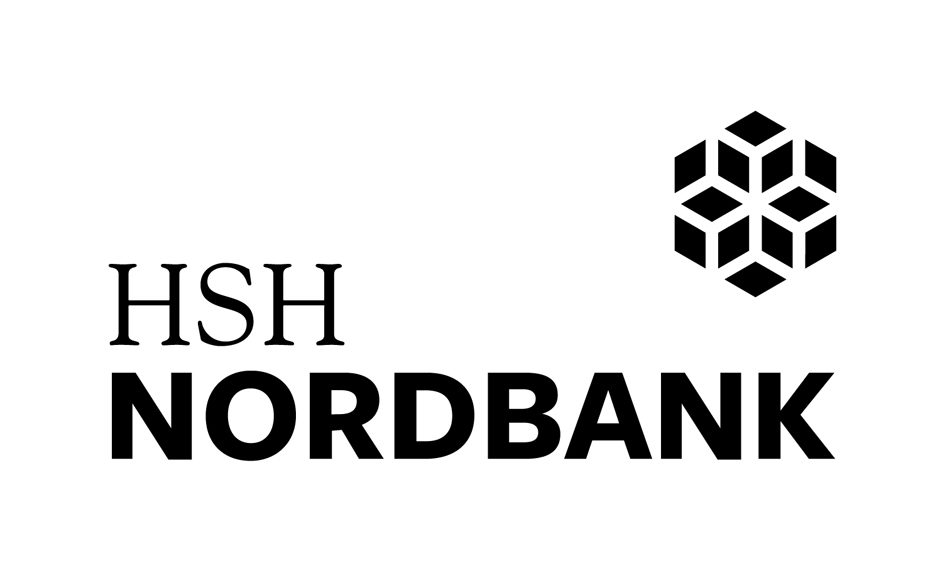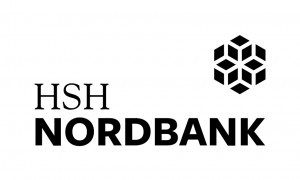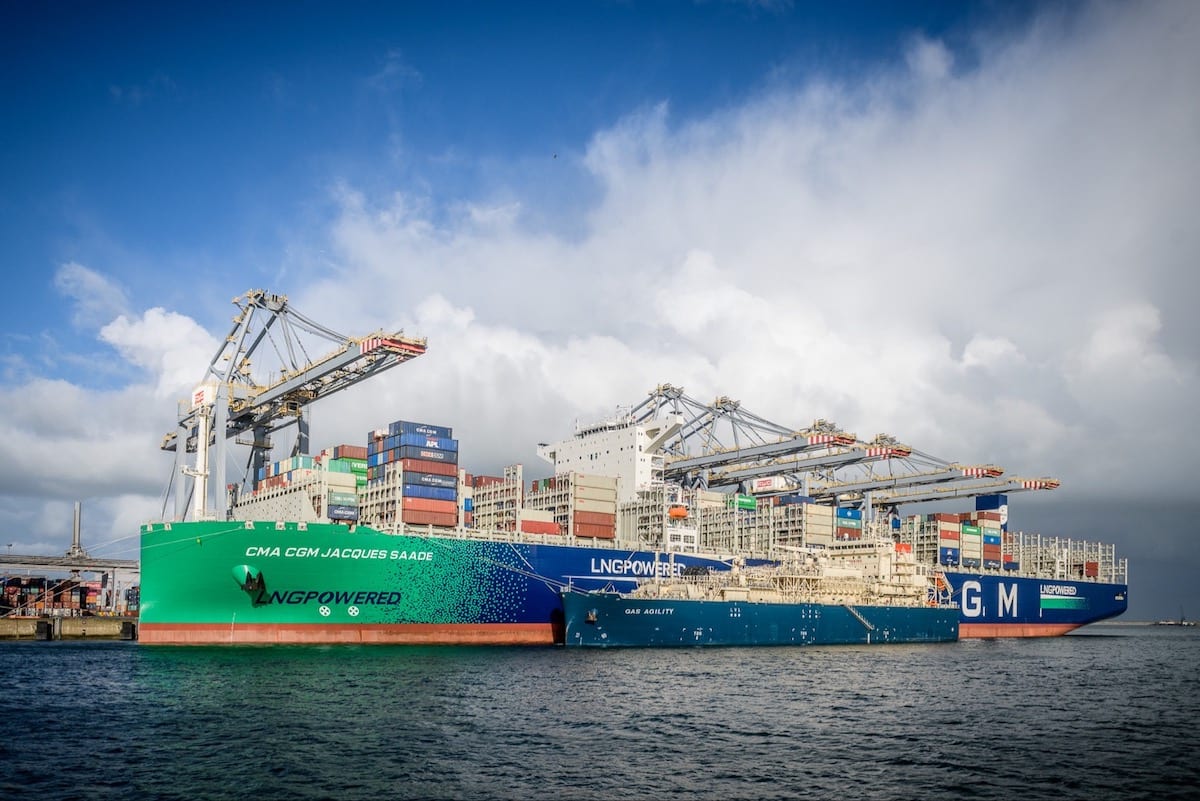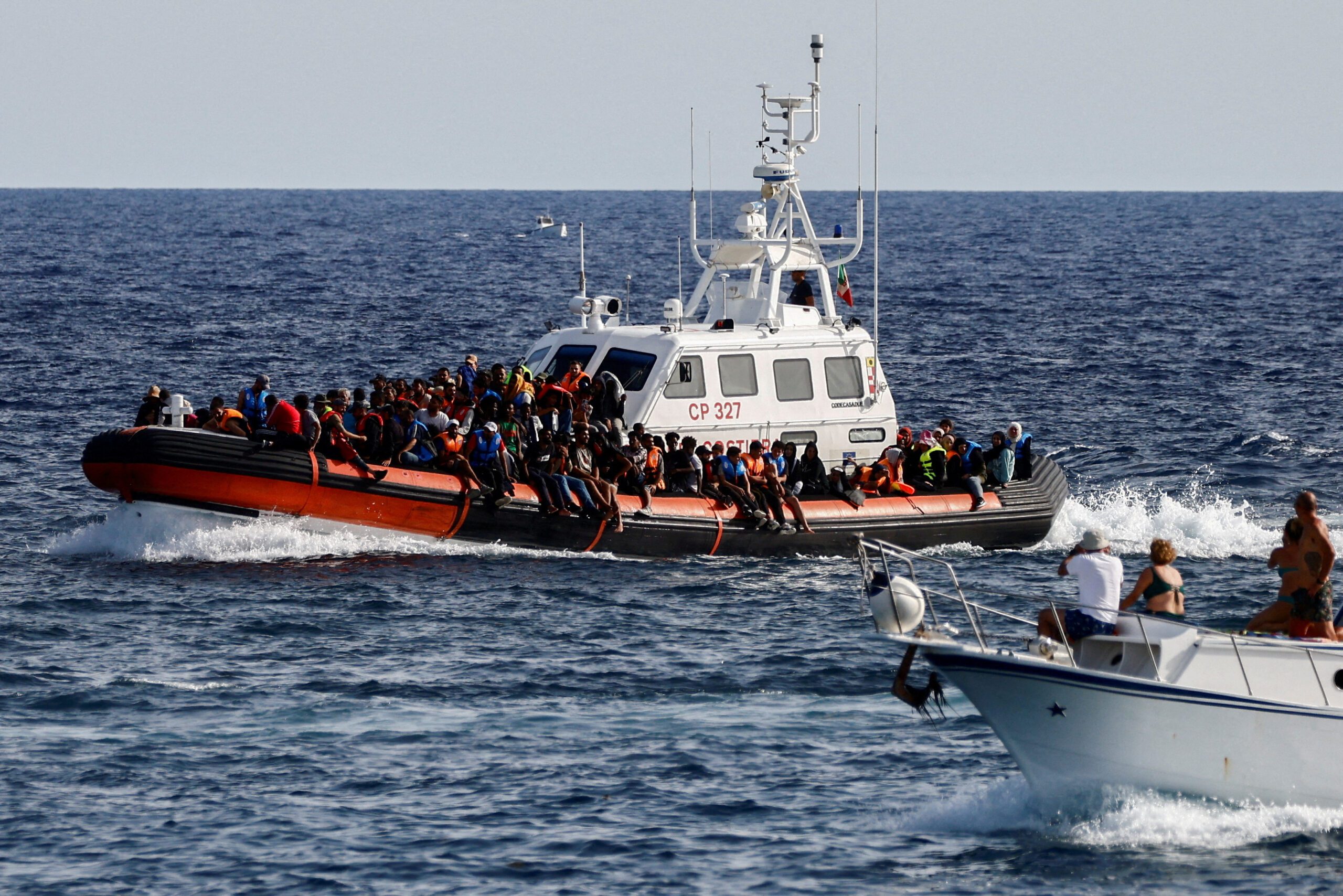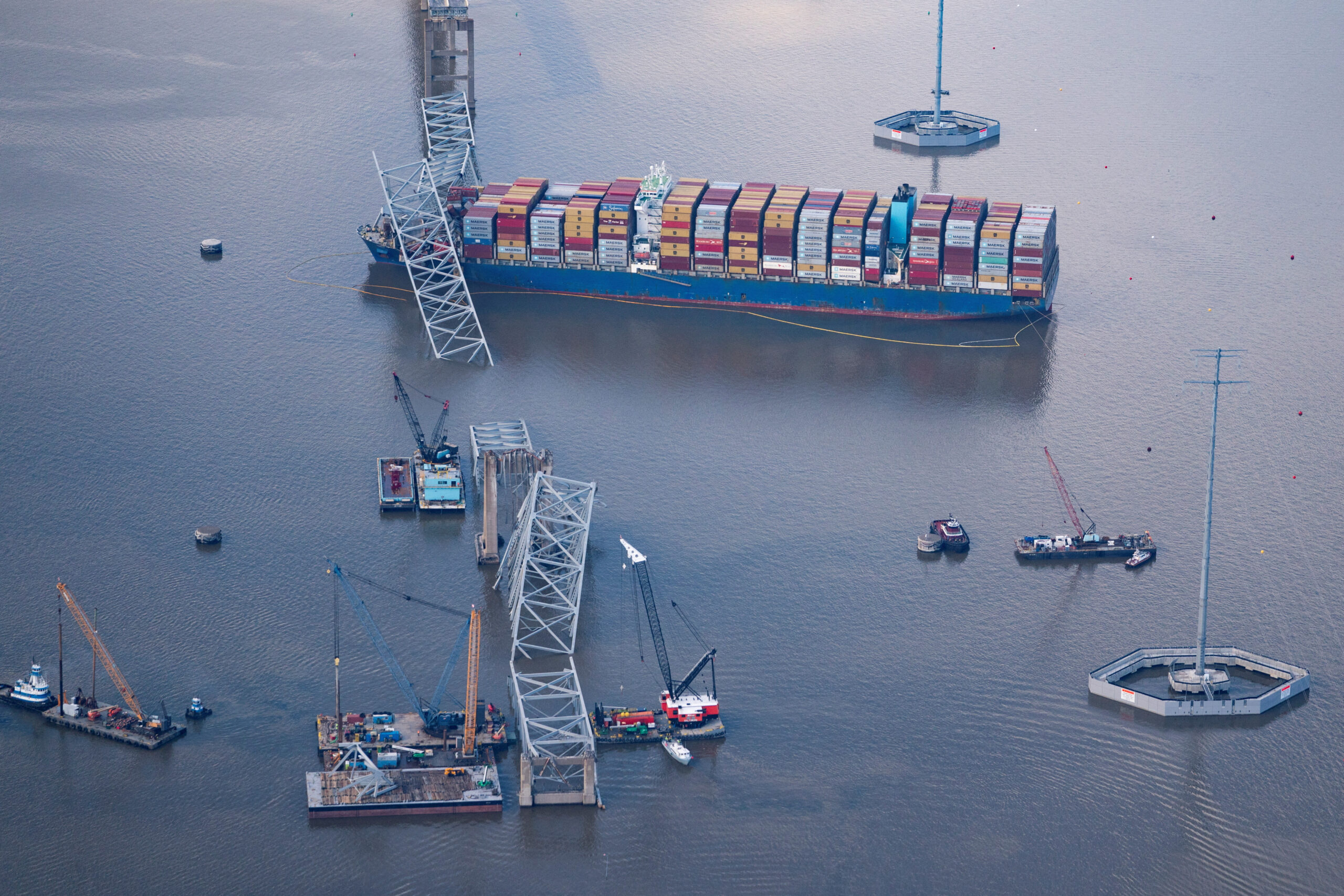The two states, which control more than 80 percent of HSH Nordbank, provided the bank with 3 billion euros ($3.9 billion) in capital and 10 billion euros in guarantees to cover potential losses during the global financial crisis. The lender has since repaid 3 billion euros of the guarantees it received from Hamburg and Schleswig-Holstein, and the two states may now bring the guarantees back up to the original 10 billion euros.
“The replenishment of the guarantees would at the moment be the most effective measure,” Claudia Prehn, a spokeswoman for Schleswig-Holstein’s finance ministry, said in an e-mailed response to questions today. “Both states have signaled that they are determined to support the bank.”
HSH Nordbank had begun to recover from the global financial turmoil — posting its first profit in three years in 2010, embarking on a new business strategy and implementing the changes required by the European Union in exchange for the state aid — when the shipping industry crisis deteriorated. During 2011 it repaid the guarantees it had received from its owners and it redeemed its last guaranteed bond from the German government’s Soffin bank-rescue fund in July this year.
The shipping crisis worsened in the second and third quarters of this year, with more of the bank’s shipping clients struggling to service their debt amid low freight rates, an overcapacity of ships, slumping demand and rising fuel costs.
Repayment ‘Mistake’
HSH Nordbank’s repayment of 3 billion euros of the guarantees from Hamburg and Schleswig-Holstein, which it made in 2011, “was a mistake, from today’s perspective,” Prehn said. Now, the “new business model must also prove itself in a difficult environment, which is neither easy, nor impossible.”
HSH Nordbank’s capital ratios fell in the second quarter after the shipping industry crisis and a stronger U.S. dollar brought an increase in the lender’s risk-weighted assets. Loan loss provisions jumped to 68 million euros in the three months through June, from 43 million euros in the first quarter. In the second quarter of 2011, it recouped 244 million euros set aside for bad loans. HSH swung to a loss of 67 million euros in the second quarter, from profit of 212 million euros a year earlier.
As a result of a deteriorating situation in the shipping industry, HSH Nordbank said Aug. 31 that it forecasts a further increase in loan-loss provisioning in the second half of this year and that “in the current environment, it is therefore likely to become more challenging for HSH Nordbank to fully achieve its financial targets.” It forecast on March 23 that it would post a 2012 profit, followed by a “gradual” further improvement in earnings, after a net loss in 2011. It likely needs to make a profit if it is to raise capital ratios.
Capital Levels
The bank is now evaluating what measures it can take to boost its capital levels and reduce risks without injecting fresh capital, it said in an e-mailed response to questions on Oct. 19. That process may take several weeks or months, the bank said, adding that it is not in talks with its owners Hamburg and Schleswig-Holstein to increase the guarantees.
An injection of fresh capital into HSH Nordbank is not an option for Germany’s northern-most federal state, Prehn said.
HSH Nordbank on Oct. 17 announced that Chief Executive Officer Paul Lerbinger would step down at the end of this month after only 19 months on the job and be replaced by Chief Financial Officer Constantin von Oesterreich. Stefan Ermisch will become the lender’s new CFO, the lender said Oct. 24.
The bank, which plans to cut more than 1,100 jobs by 2014, has been exiting businesses such as airplane financing and international real estate and closing offices to gain approval for the state aid it received during the global financial crisis. HSH, which intends to reduce total assets at its main business to 82 billion euros by 2014, forecasts cutting the size of its core shipping lending portfolio to 15 billion euros by then, compared with 19 billion euros at the end of last year.
New proceedings about state aid with the EU are likely if the guarantees are replenished, Schleswig-Holstein’s Prehn said.
– Niklas Magnusson, Copyright 2012 Bloomberg.

 Join The Club
Join The Club



